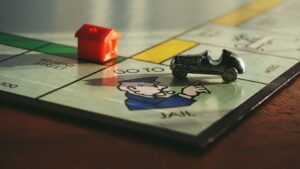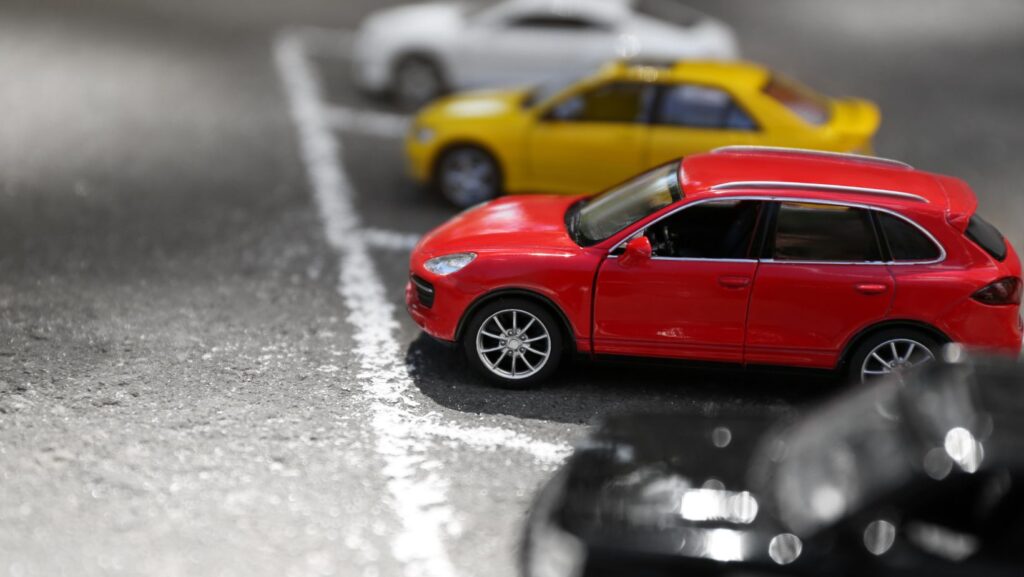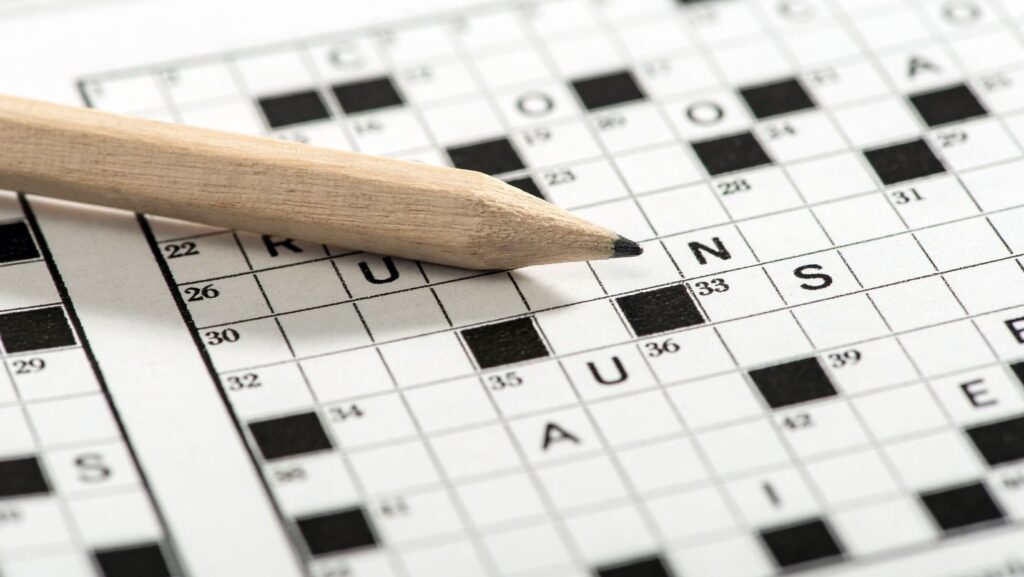 In a world bursting with mobile games, Car games have carved out a unique niche, blending the thrill of driving with the challenge of problem-solving. These games aren’t just about speed; they require strategic thinking, quick decision-making, and a keen eye for detail. Players find themselves immersed in intricate puzzles where each move can make or break their success. From navigating complex traffic scenarios to assembling car parts, Car games offer a diverse range of challenges that keep players engaged. They appeal to both casual gamers looking for a quick mental workout and hardcore enthusiasts seeking to master every level. With their growing popularity, these games are proving that the joy of driving and the satisfaction of solving puzzles can go hand in hand.
In a world bursting with mobile games, Car games have carved out a unique niche, blending the thrill of driving with the challenge of problem-solving. These games aren’t just about speed; they require strategic thinking, quick decision-making, and a keen eye for detail. Players find themselves immersed in intricate puzzles where each move can make or break their success. From navigating complex traffic scenarios to assembling car parts, Car games offer a diverse range of challenges that keep players engaged. They appeal to both casual gamers looking for a quick mental workout and hardcore enthusiasts seeking to master every level. With their growing popularity, these games are proving that the joy of driving and the satisfaction of solving puzzles can go hand in hand.
Car Puzzle Game
Car games combine elements of driving and problem-solving, requiring players to navigate complex scenarios. These games often include challenges like maneuvering through traffic, parking in tight spaces, or assembling vehicle parts. Players must use strategic thinking, quick decisions, and attention to detail to progress through levels. Examples of popular Car games include “Parking Jam 3D” and “Rush Hour.”
Why Have They Gained Popularity?
 Car games have gained popularity due to their engaging gameplay and diverse challenges. They appeal to a broad audience by offering a mix of excitement and cognitive stimulation. Casual gamers enjoy the easy-to-learn mechanics, while enthusiasts appreciate the intricate level design and increasing difficulty. According to Statista, mobile puzzle games generated $4.7 billion in revenue in 2022, underscoring their widespread appeal. Frequent updates and new content keep these games fresh and engaging.
Car games have gained popularity due to their engaging gameplay and diverse challenges. They appeal to a broad audience by offering a mix of excitement and cognitive stimulation. Casual gamers enjoy the easy-to-learn mechanics, while enthusiasts appreciate the intricate level design and increasing difficulty. According to Statista, mobile puzzle games generated $4.7 billion in revenue in 2022, underscoring their widespread appeal. Frequent updates and new content keep these games fresh and engaging.
Features of Car Games
Gameplay Mechanics
 Car games combine intuitive controls with intricate puzzles. These games often feature a mix of driving, parking, and strategic elements. Tasks range from maneuvering cars through tight spaces to solving complex traffic jams. Players typically progress through levels of increasing difficulty, keeping the gameplay engaging. Examples of mechanics include sliding cars on a grid (“Rush Hour”) or directing traffic flow to avoid collisions. The mechanics necessitate quick decision-making and spatial awareness, enhancing cognitive skills.
Car games combine intuitive controls with intricate puzzles. These games often feature a mix of driving, parking, and strategic elements. Tasks range from maneuvering cars through tight spaces to solving complex traffic jams. Players typically progress through levels of increasing difficulty, keeping the gameplay engaging. Examples of mechanics include sliding cars on a grid (“Rush Hour”) or directing traffic flow to avoid collisions. The mechanics necessitate quick decision-making and spatial awareness, enhancing cognitive skills.
Graphics and Design
High-quality graphics and intuitive design are crucial in Car games. Engaging visuals help maintain player interest. These games often boast bright, colorful environments and realistic car models. The design ensures that interfaces are user-friendly, with touch controls optimized for mobile devices. Examples like “Parking Jam 3D” use smooth animations and detailed textures to create immersive experiences. Clean layout and consistent design elements contribute to a satisfying user experience.
Car Games to Try
Mobile Car Games
Mobile Car games offer portability and quick gameplay sessions, making them ideal for gaming on the go. Here are noteworthy examples:
- Parking Jam 3D: Players navigate tight parking lots, moving cars strategically to clear paths. It features levels of increasing difficulty, sharpening problem-solving skills.
- Car Parking Multiplayer: This game provides not only parking challenges but also includes a multiplayer mode where users can compete in real time. Offers customization options for various car models.
- Brain Out: Can You Pass It?: Includes various car-related puzzles that test different aspects of cognitive abilities. Players solve tasks like directing traffic or avoiding obstacles.
Benefits of Playing Car Games
Cognitive Skills Development
Playing Car games hones various cognitive skills. These games require players to solve puzzles, navigate obstacles, and plan moves strategically. This constant engagement improves problem-solving abilities and enhances spatial awareness. For example, games like “Parking Jam 3D” challenge players to free cars from congested parking lots by maneuvering around obstacles. This enhances their critical thinking and quick decision-making skills. Studies from the University of Exeter found that regular puzzle gameplay can improve memory and cognitive function. The survey showed that individuals who engaged in puzzles regularly scored higher on memory tests.



